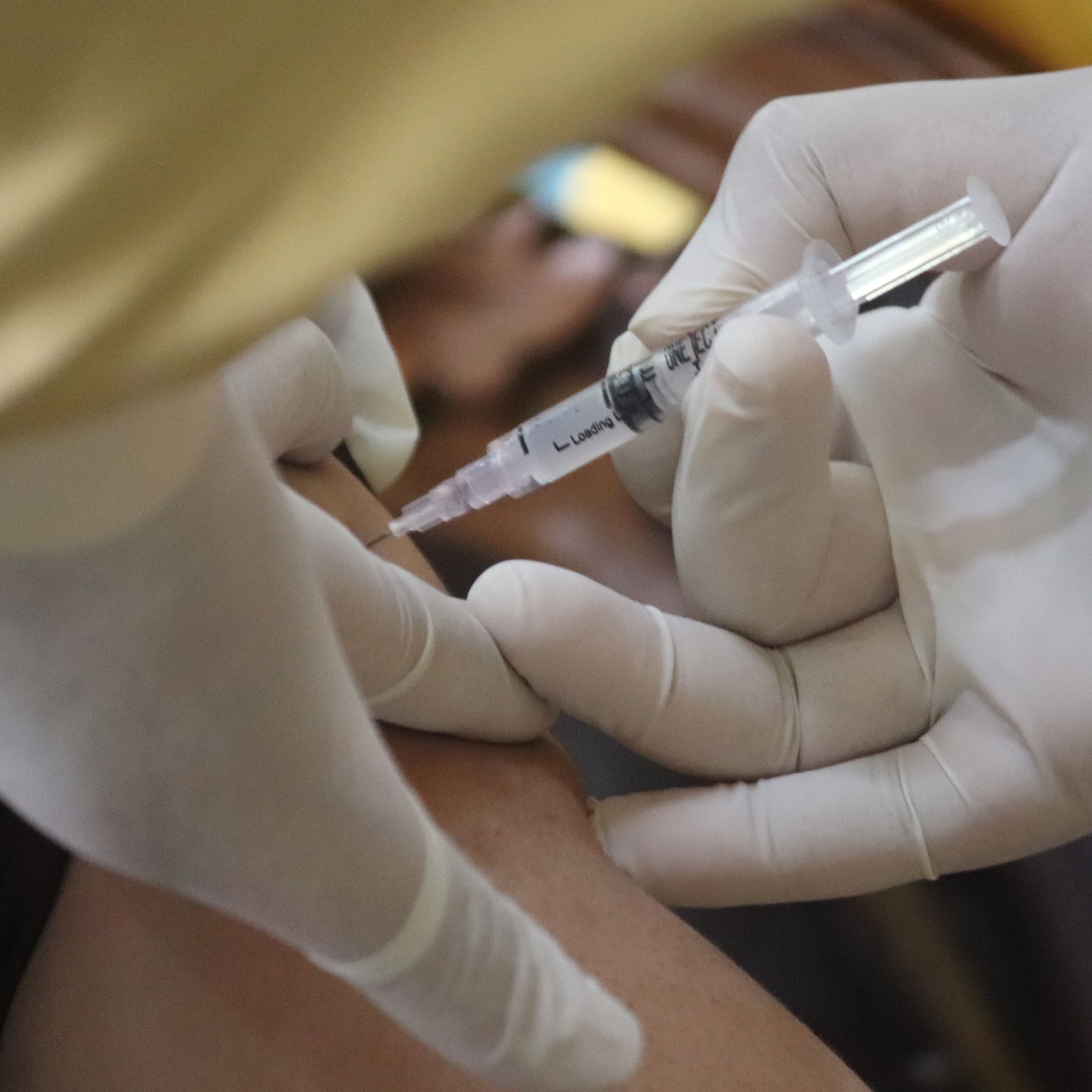Article
Is CPOE Technology Reducing Medical Errors?
It appears that IT solutions are being credited for significant reductions in medical errors. The Leapfrog Group for Patient Safety has awarded perfect scores to Phoenix Children’s Hospital for avoiding medical errors and reducing ICU infections, and very high scores for avoiding harm.
The FDA has been busy and the end of this month, announcing recalls for Neocate infant specialized formula (Nutricia, lot #P91877) due to a blending error and Children’s and Infants’ Tylenol Oral Suspension products (McNeil Consumer Healthcare) because of a potential manufacturing problem. A Public Health Alert has been issued to notify pediatricians and pharmacists about potential dosing errors with oseltamivir oral suspension due to limited markings on the dosing dispenser. The agency has also announced that the required Boxed Warning is being added to promethazine hydrochloride products outlining the risks of tissue injury.
And wow — remember the online discussions that I was noting with regard to general public uneasiness with the H1N1 vaccine, and especially with regard to potential adjuvant? Turns out that a joint study by the University of Pittsburgh and the University of Georgia has found that less than 10 percent of Americans surveyed would be willing to take the vaccine. I’m admittedly given to attributing behavior like this to parents fearful that vaccinations may detrimental to a child’s health and well being — particularly among those who suspect them as a cause of autism – but news like this makes me feel that my attitude is simplistic. I see growing public suspicion expressed in areas outside of medicine as well, and I wonder if some of the concerns we have about public health aren’t just symptoms of a much larger issue.
There’s good news in the mix, however, as it appears that IT solutions are being credited for significant reductions in medical errors. The Leapfrog Group for Patient Safety has awarded perfect scores to Phoenix Children’s Hospital for avoiding medical errors and reducing ICU infections, and very high scores for avoiding harm based on the Leapfrog Group Survey on quality and safety. The press release notes that the hospital credits part of its success to computerized physician order entry (CPOE) technology, although they stop short of reporting which solution they have implemented. I’ve gone to the hospital website for more information, but no luck. If any readers know what they are using, please update me here.





